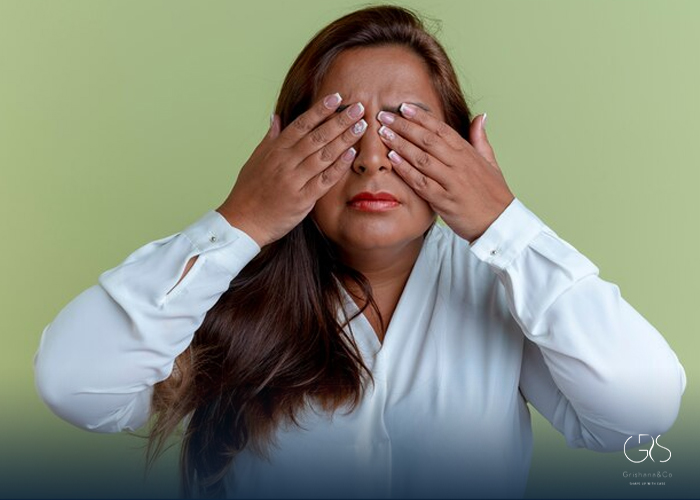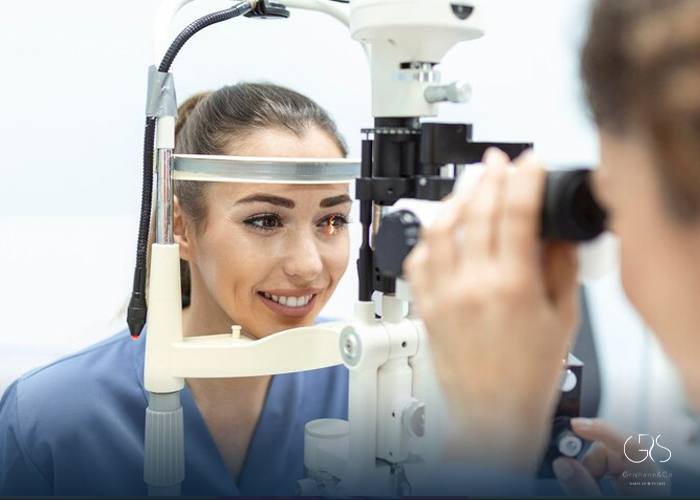Our eyes are an indispensable and precious part of our bodies, providing us with the ability to perceive the world around us. However, certain daily habits we engage in, often unknowingly, can potentially have negative consequences for our eye health. It is important to be aware of these habits to safeguard our vision for years to come.
Excessive Screen Time:
In today’s digital era, excessive screen time has become a common habit for many individuals. Research suggests that spending extended hours in front of screens, be it computers, smartphones, or tablets, can contribute to digital eye strain, also known as Computer Vision Syndrome (CVS). The American Optometric Association estimates that approximately 59% of adults experience symptoms of CVS due to prolonged use of electronic devices1. To mitigate this issue, taking regular breaks and following the 20-20-20 rule (looking away from the screen every 20 minutes at an object 20 feet away for at least 20 seconds) is recommended.
Poor Lighting:
Insufficient or improper lighting can put significant strain on our eyes. Working or reading in low light conditions forces the eyes to work harder, leading to eye fatigue. Conversely, excessive brightness and harsh lighting can also cause discomfort and glare, which may damage the eyes over time.

Rubbing the Eyes:
While rubbing our eyes may provide temporary relief, it can be detrimental to our eye health. Frequent rubbing or excessive pressure on the eyes can lead to corneal abrasions or introduce infectious agents, thus increasing the risk of eye infections. It is advisable to avoid touching the eyes and instead use lubricating eye drops when needed.

Neglecting Proper Eye Protection:
Engaging in activities without using proper eye protection can expose our eyes to injury. According to the National Eye Institute, every 13 minutes, an emergency room in the United States treats a sports-related eye injury. Wearing safety goggles or appropriate eyewear during activities such as DIY projects, sports, and other potentially hazardous activities can significantly reduce the risk of eye injury.
Smoking:
Smoking not only harms the lungs and cardiovascular system but also poses a severe threat to eye health. Research has shown that smoking increases the risk of developing cataracts, macular degeneration, and other vision impairments. Quitting smoking or avoiding exposure to second-hand smoke can greatly reduce the risk of these eye conditions.

Conclusion:
While there are numerous habits that can potentially harm our eye health, steps can be taken to protect our vision. Raising awareness about these habits can empower individuals to make informed choices that prioritize eye care. Incorporating regular breaks from screens, using proper eyewear, maintaining good lighting, avoiding smoking, and refraining from unnecessary eye rubbing are essential practices to embrace for optimal eye health.
Sources
- American Optometric Association, Computer Vision Syndrome
- Mayo Clinic, Eye Rubbing: Can It Harm Your Eyes?
- National Eye Institute, Protecting Your Eyes
- American Academy of Ophthalmology, Smoking and Eye Disease










